Attending the workshop were representatives from the Ministry of Agriculture and Environment ; research institutes, certification organizations, wood processing enterprises, cooperatives; and more than 100 forest farmers from Gia Lai, Quang Ngai and Dak Lak provinces.
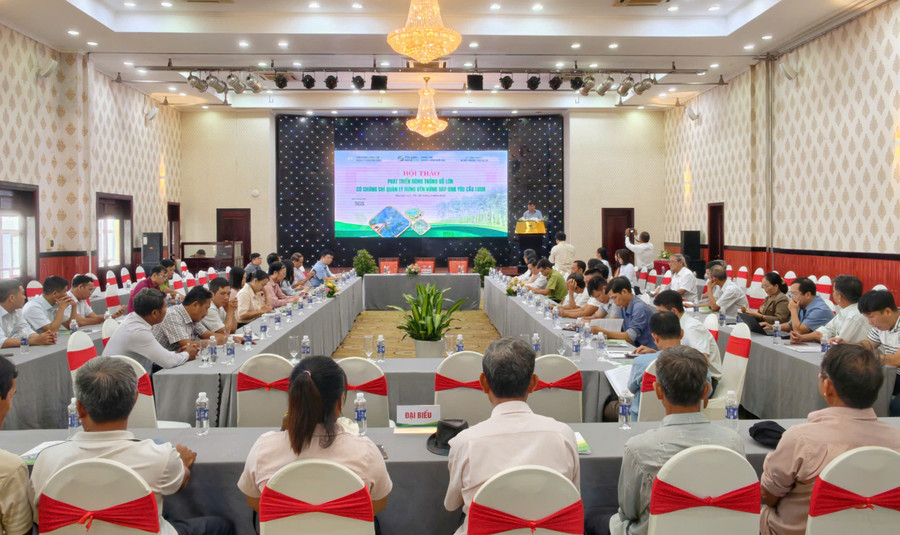
According to statistics, Vietnam has about 4.7 million hectares of planted forests, of which large timber forests only account for about 10% of the production forest area. By mid-2025, the whole country will have about 680 thousand hectares of planted forests certified for sustainable forest management (VFCS/PEFC, FSC), equivalent to 15% of the area.
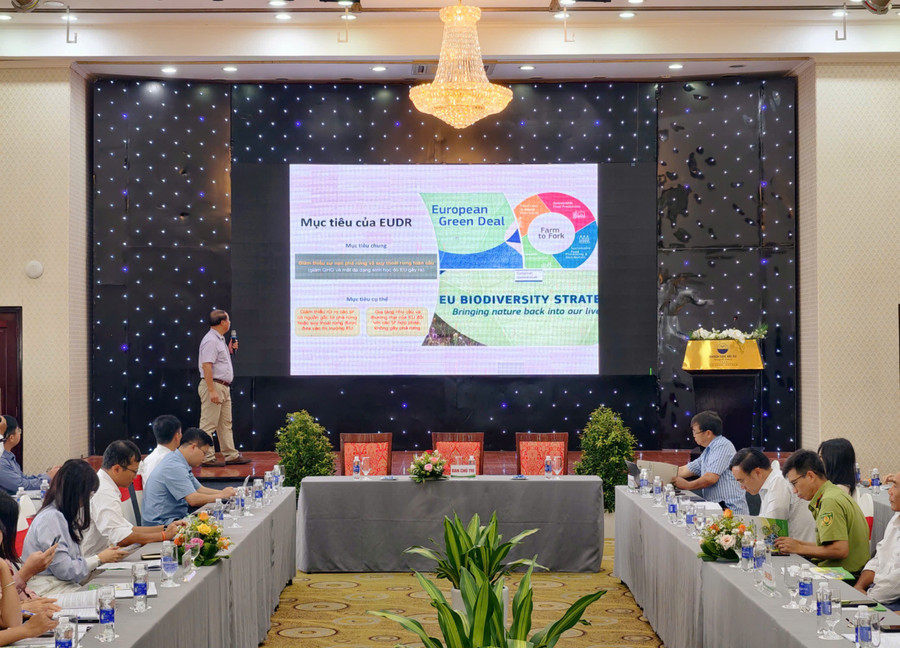
Many models of linkage between enterprises-households-cooperatives are being implemented in Quang Tri, Hue, Gia Lai, Dak Lak and have initially brought about effectiveness.
However, in reality, there are still many difficulties. About 90% of the planted forest area is currently owned by households, most of which are small-scale, under 4 hectares, so it is difficult to apply a synchronous process. The cost of obtaining a sustainable forest management certificate is still high, cultivation techniques are limited, while the consumption market is unstable.
In particular, the requirement for transparency in wood origin under EUDR is putting great pressure, because this regulation requires wood products exported to the EU to have detailed traceability data.
Specifically, wood products imported into this market must prove that they do not cause deforestation after December 31, 2020. All wood production, exploitation and processing activities must comply with local laws. Importing enterprises are responsible for submitting explanatory reports and storing data for at least 5 years.
This regulation is both a challenge and an opportunity for Vietnamese wood to access high-end markets if it meets the standards.

The presentations at the workshop also identified the target of having 1 million hectares of certified large timber forests in Vietnam by 2030. To realize this goal, it is necessary to focus on developing cooperative-enterprise-household models, forming a closed value chain.
In parallel, the application of digital technology, blockchain, IoT in data management and retrieval is considered a key solution. Financial support policies, especially the cost of certification and the establishment of green credit funds, need to be completed. In addition, training, agricultural extension, and communication to raise awareness for forest growers are also emphasized.
At the workshop, delegates made a number of recommendations, including: The Ministry of Agriculture and Environment should issue detailed guidelines on wood traceability and have a mechanism to support certification; local authorities should plan concentrated raw material areas and promote links between cooperatives and businesses.
In addition, processing and exporting enterprises proactively sign consumption contracts, apply modern management technology; forest planting households and cooperatives actively participate in linkage models, comply with sustainable management processes; the agricultural extension system acts as a bridge in training and technology transfer.
The workshop is an opportunity for localities, businesses and people to share experiences and discuss solutions for sustainable development of large timber forests, contributing to enhancing the position and value of Vietnamese wood in the international market, especially in demanding export markets such as the European Union.
Source: https://baogialai.com.vn/phat-trien-rung-trong-go-lon-co-chung-chi-quan-ly-rung-ben-vung-dap-ung-yeu-cau-eudr-post568000.html








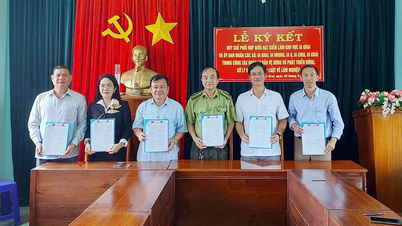
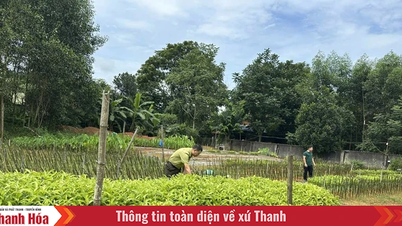

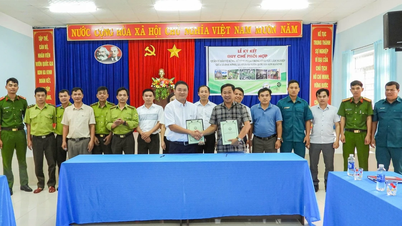
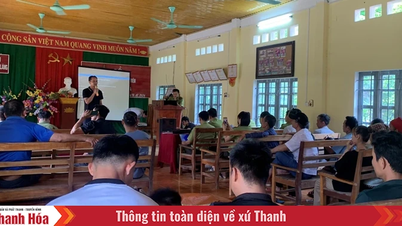
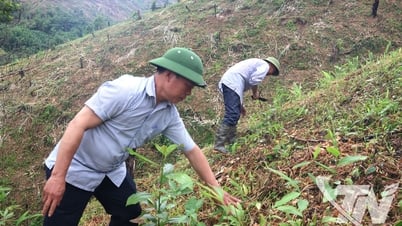

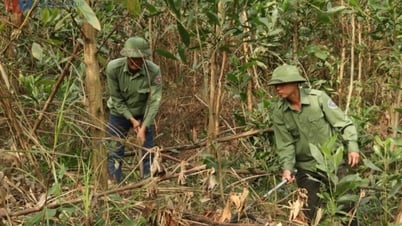

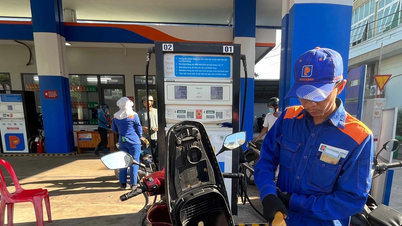
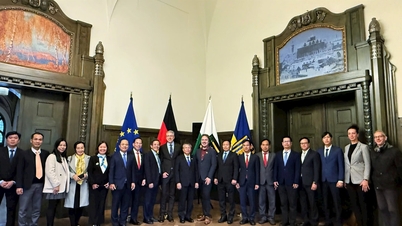




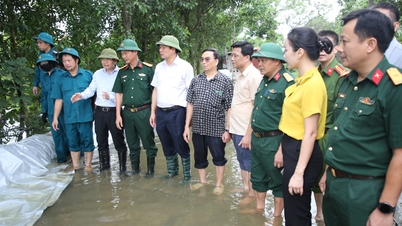








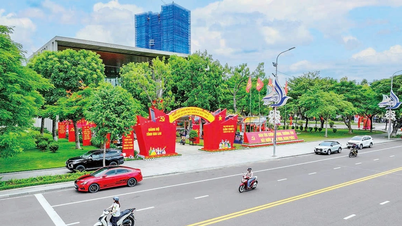
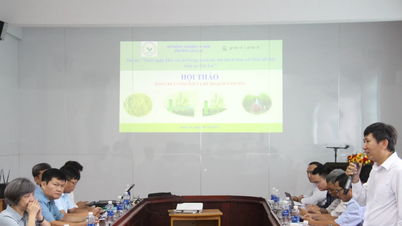
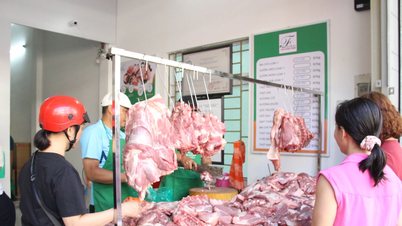
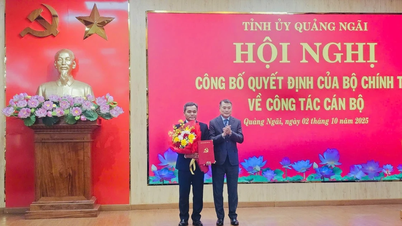















































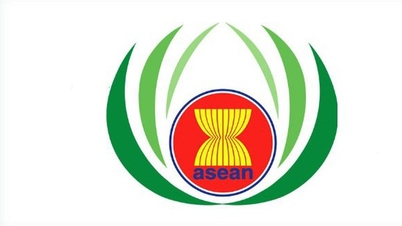
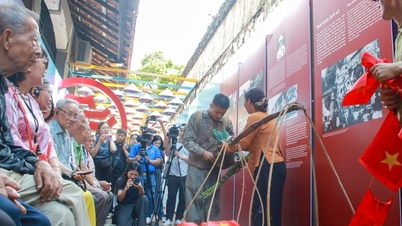

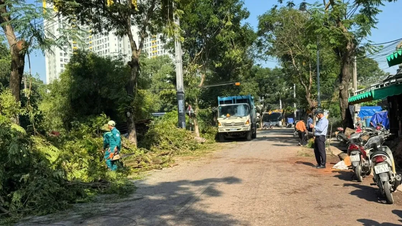

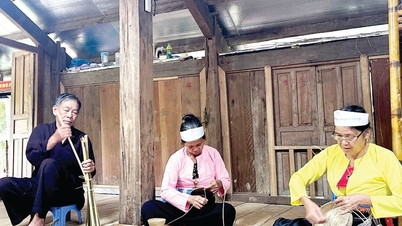


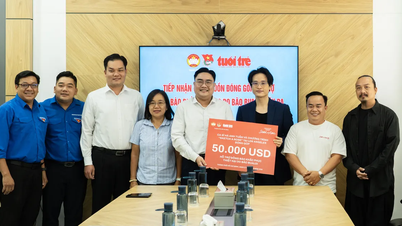
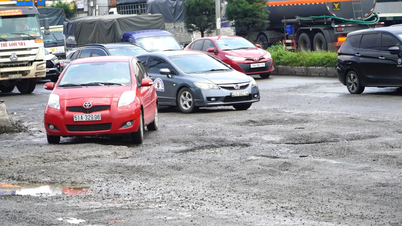
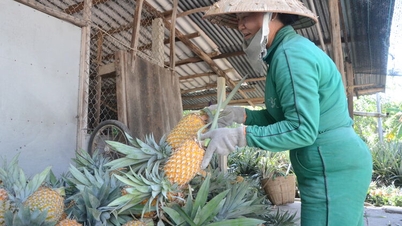














Comment (0)